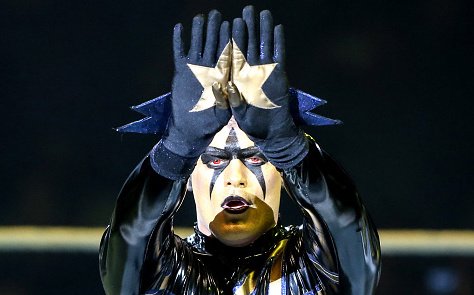
Cody Rhodes shocked the wrestling world with his revelation that he had requested and has been granted his release from WWE. Since that time, Rhodes has released a detailed statement regarding his reasoning and his grievances. In the meantime, reports have leaked indicating…








